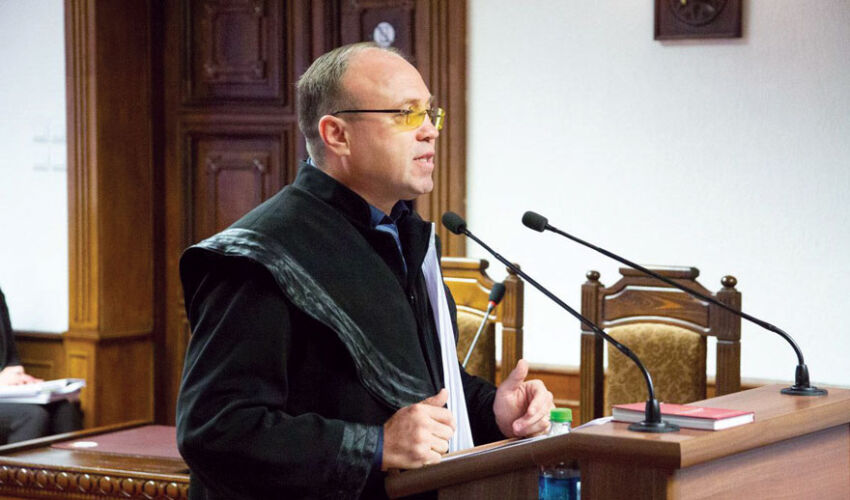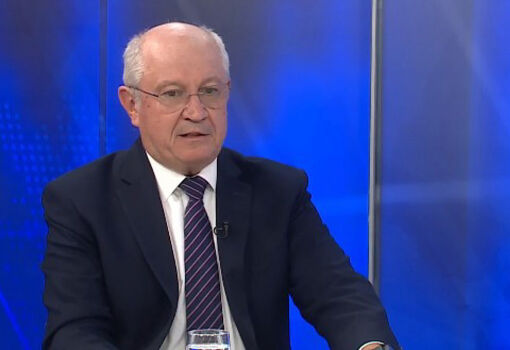
Radu Dumneanu
Last summer, the Criminal Code was amended, according to which persons serving life sentences can be released on parole if the court finds that the need for further serving of the sentence is no longer necessary (!), and if they have served at least 25 years of imprisonment (!).
Thus, speaking about the quality of the law, I would like to note that judges (and especially judges of the Courts of Appeal) have been given excessive freedom to assess whether a person still needs to serve his or her sentence. And this – without specifying the factual circumstances that should have been taken into account in assessing this need.
It is clear from the recently publicized cases that the law was applied by judges in bad faith, as the category of crimes for which people were convicted and the identity of the released prisoners did not in any way lead to the conclusion that there was no need to continue the sentence.
As for the amendments that the Parliament hastily introduced last week (Law No. 69 of 04.04.2025), in the part where it was stated that the law will be applied also to the persons who have already been released, this document is “stillborn”. Because, according to the principles of law, in case of deterioration of a person’s situation, the new law generates consequences only for the future and cannot be applied retroactively.
Therefore, on the one hand, we are dealing with the lack of clarity of the law, and on the other hand, its unscrupulous application has made it possible to release from custody persons convicted of exceptionally serious crimes.
Recall that a number of human rights organizations criticized the adoption of the bill in two readings on the same day as its registration – April 4, 2025.
Thus, the Parliament in the first reading adopted amendments that exclude the possibility of reducing the term or parole for those sentenced to life imprisonment. The new provisions will also apply to pending cases.
The decisions came after 24 life convicts have benefited from these provisions since 2021, nine of whom have already been released, according to the National Prison Administration. Among them are criminals Alexander Sinigur and Iurie Radulov, convicted of murder. One of them was recaptured and the other fled the country.
In total, MPs voted on five bills over two days – three in the first reading, one in the second reading and one in two readings. Four of these bills (80 percent) were approved without the publication of legal opinions, anti-corruption expertise, or compliance with the legal deadline for public consultations.

